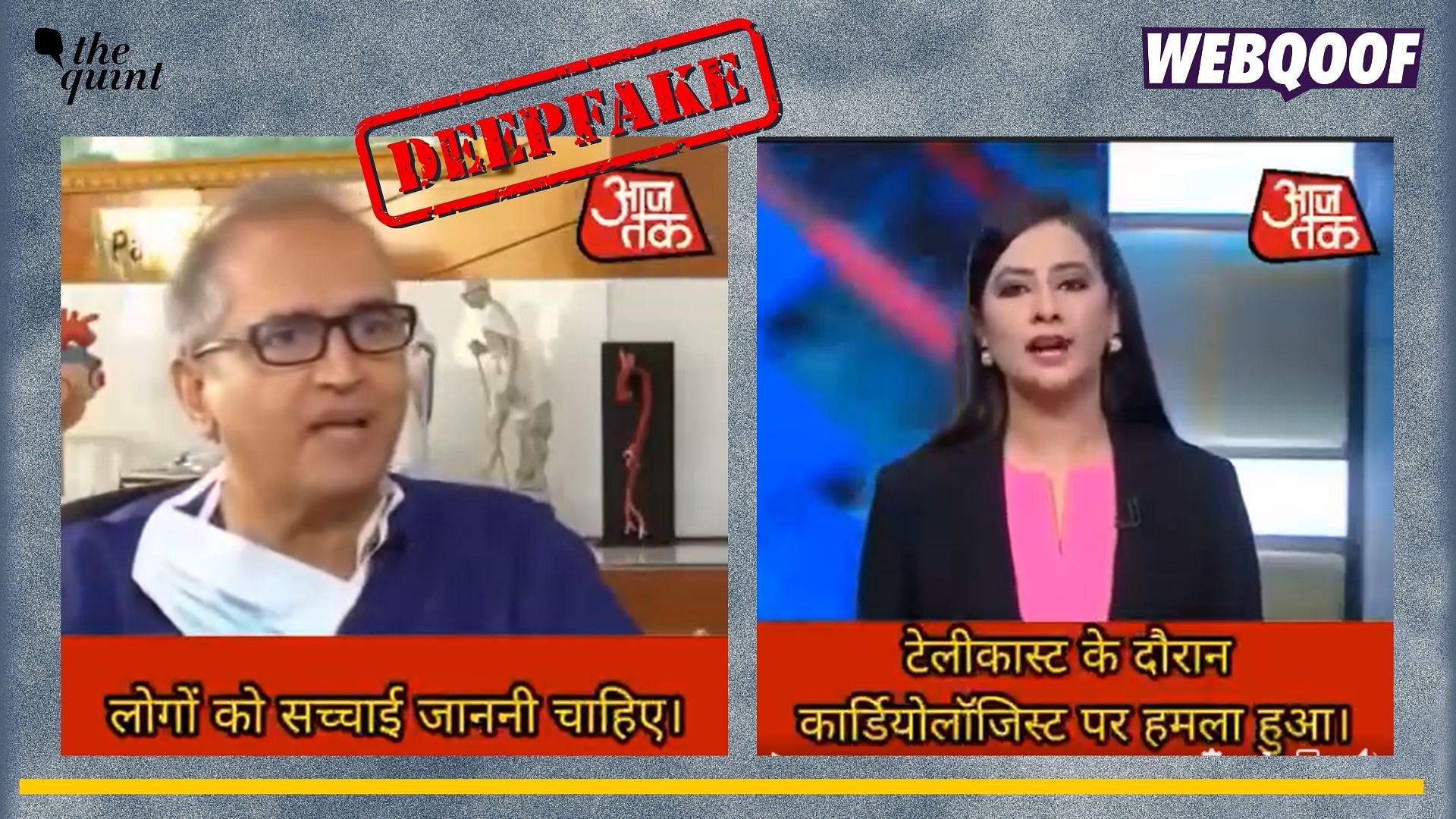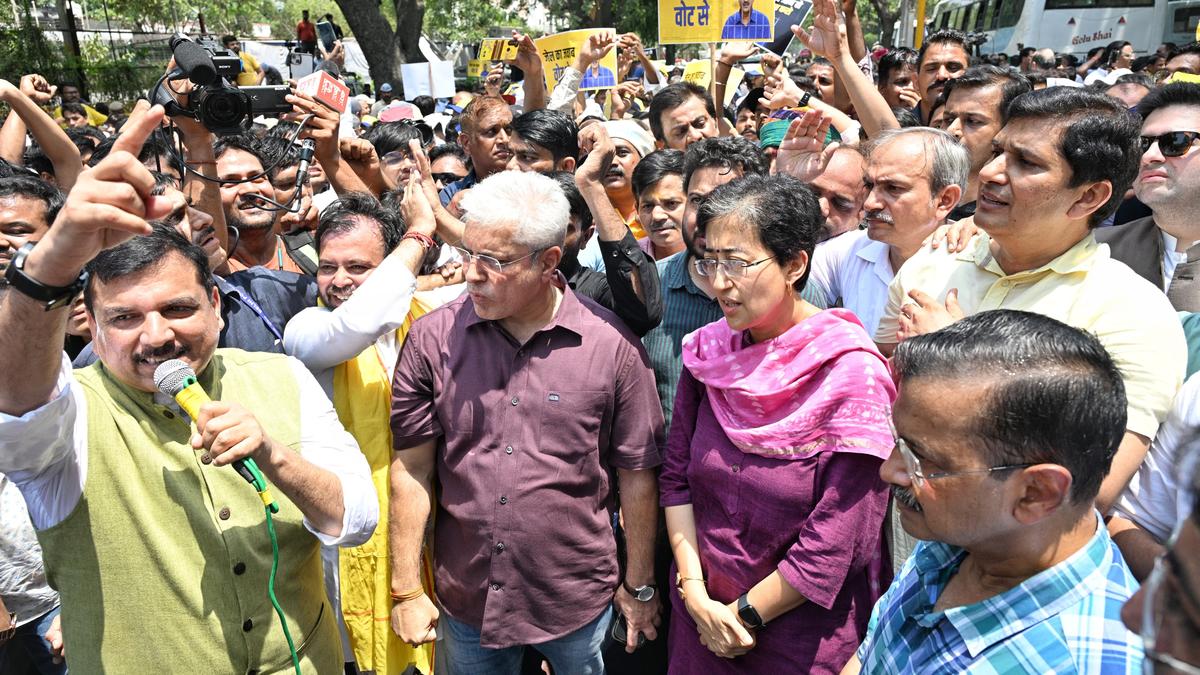As the polarisation pitch gets shriller with every passing phase, the sleepy town in Kasganj district of the Etah Lok Sabha seat in central Uttar Pradesh stands like a windswept post of syncretic culture. In the birthplace of the 13th century mystic poet Amir Khusrau, popularly called Tuti-e-Hind (voice of Hindustan), the labyrinthine lanes lead to an old mosque that shares its wall with a modest Ram Leela ground. “There has never been a disruption. Sometimes, we delay our namaz. At other, they pause their performance for our prayers. It is all about accommodation,” Anwar Ali, a social activist with a deep interest in politics and literature, said.
Referring to Khusrau’spoetic account of India in the Nuh-i-Sipihar, Mr Ali, a former general secretary of the now defunct Khusrau Cultural Society, said in Islam it is a belief that when angel come to taking a person to the other world at the time of death, even a non-Arabic speaker starts conversing in the language of the holy book. “Khusrau, whose mother was a Hindu before her father embraced Islam, wrote that he would plead with the angels to let him converse in his mother tongue,” Mr. Ali said. Is this not, he asked, an answer to those who say the loyalties of Indian Muslims lie outside the boundaries of the landmass.
“Kabhi virah ke geet likhe, kabhi likhe geet khushiali ki, dilli main jo dafan hue woh Khusrau the Patiyali ke. (The poet who wrote songs of separation and joy is buried in Delhi but he belonged to Patiyali),” laments poet Sharad Lankesh to express his disappointment as the famous son of Patiyali, who expressed in Persian before introducing Hindavi to seek the local audience, lies almost forgotten in his home town.
The annual Khusrau Festival and poetic soiree has been discontinued. A library named after the fountainhead of the ghazal form and Khadi Boli (a dialect of Hindi spoken between the Brij and Awadh region of U.P.) remains usually shut, and was used as a shelter home to protect the poor from winter. A statue of Amir Khusrau that was to be placed at a prominent location in the city is lying buried in the government warehouse for almost a decade. There is a small park named after the favourite disciple of Nizamuddin Auliya where flowers are struggling to survive the summer.
Businessman Shyam Sundar Gupta, who funded the bust, is now with the Bharatiya Janata Party (BJP). “We wanted to pay a tribute to Khusrau but it could not be materialised because of several reasons,” he said, refusing to elaborate. Locals say it was a battle of iconography. As the BJP rose to power, the demand to establish Patiyali’s connection with Dronacharya, who according to Hindu scriptures made the area around Patiyali the capital of his son Ashwathama, pushed Khusrau into the background.
“We need education and health facilities. In this town no one will mind if it comes in the name of Khusrau, Guru Dronacharaya or Mata Patlawali, after whom the town gets its name,” Mr Ali said.
Saurabh Shakya, a young advocate echoed his concern. “Unemployment and stray cattle are real issues in the region but the bigger concern is the atmosphere of fear that you could be booked if you raise your voice for a demand that you feel is genuine,” Mr. Shakya said.
Mr. Lankesh held political interference in cultural events responsible for the situation. “The Khusrau Mahatosav was discontinued during the Samajwadi Party rule over the ego and self-interests of local leaders. The civil society didn’t try hard enough to put the wheel back on course,” Mr. Lankesh said. There was a time, he said, when composer A.R. Rahman had evinced interest in performing at the festival.
Influential BJP leader Neeraj Mishra said the library had not been shut down. “It is just that the culture of going to the library has diminished after mobile phones. After the polls, we have a plan to get two crore rupees sanctioned to restart activities around Khusrau,” Mr. Mishra said. He held the Muslim families responsible for building houses in the fort area where Khusrau was born.
Meanwhile, the youth indeed is glued to the mobile phone. Salman Haider, a business administration student described Khusrau as a popular lyricist in films while Gopal Varshney, who runs a shop in the town said people know Khusrau because a park is named after him. “He was a Muslim,” he grinned and un-paused the game on his mobile phone.

 1 week ago
121
1 week ago
121




